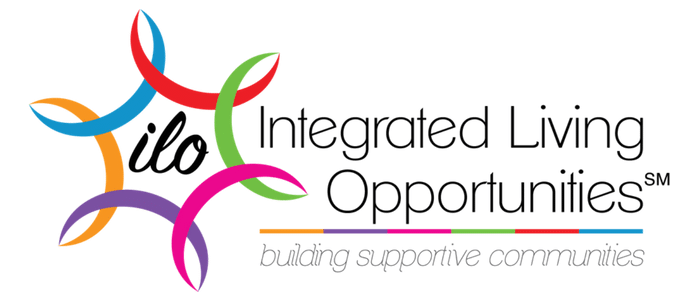Thursday, April 26, 2018
Language is important. We use language to connect and to communicate, to identify and to explain. Language allows us to dream, to invent, to innovate and to improve. Philosopher Ludwig Wittgenstein once said, “The limits of my language are the limits of my world.” And, as George Orwell points out in Politics and the English Language, “…if thought corrupts language, so to does language corrupt thought.”
The power of language, especially its power to establish and define boundaries and abilities, has proven especially true in regards to individuals with disabilities in the United States. Over the last couple of decades, the way that language is used to describe individuals with disabilities has been slowly evolving to reflect changing attitudes. Derogatory terms have been replaced with ones that carry more positive connotations. Language that labels is gradually being replaced with “person first” language, or language that emphasizes the person, not the disability.
These changes are being driven by individuals with disabilities and their advocates. As written in an article published on the Arc website, What is People First Language?, “People with disabilities continue to seek accurate portrayals that present a respectful, positive view of individuals as active participants of society, in regular social, work and home environments. Additionally, people with disabilities are focusing attention on tough issues that affect quality of life, such as accessible transportation, housing, affordable health care, employment opportunities and discrimination.”
Special Needs or Disability?
The most recent debate in movement to promote person first language involves the use of the term “special needs” to describe individuals with disabilities. A recent article, 3 Reasons to Say “Disability” Instead of “Special Needs”, has recently been circulating through various disability communities. This article, written by Meriah Nichols, tackles this issue head on. She writes that everyone, even parents of children with disabilities, need to refrain from using the term special needs for three simple reasons:
1) People with disabilities are asking them to,
2) the term itself is outdated and devoid of any meaning,
3) the term disability is the most accurate, least condescending word to use to describe the population in question. And, in a piece of particularly inspired persuasive writing, Nichols points out that the dictionary provides an alternative meaning for the prefix “dis” as “ another way of doing and being.” Thus, “disabled” or “disability” can mean an ability to do or be something in another way.
In the debate over the use of these two terms, perhaps the lack of argument for “special needs” says enough on its own. However, after combing through numerous Google searches, one of the results did offer a well articulated counter-argument: a blog post written by a parent of children with special needs in New Zealand. In the interest of a balanced discussion, it should be noted that this blog post was published in 2014. That is four years as measured by our calendar, but decades as measured by the progress that the disability community has made advocating for positive change. In the post, titled The “S” Word: Attacking and Defending Special Needs (on the website Autism and Oughtisms) the author writes:
“Its [special needs] usage – both here in New Zealand and in many countries overseas – is to signify the part of the population that has needs exceeding those already catered for in the standard public health and education system. It is a term that declares that the person needs and is entitled to extra supports and services, beyond those of the “average” citizen. It signifies this without declaring the reason for the needs, so it is a usefully broad term. It also signifies the need without moral judgment as to the nature of the needs; the word “special” is not inherently negative, in fact if anything it is a word historically associated with something good or exceptional. It is, if anything, a kind way to declare extra needs.”
Where do we go from here?
These debates over language and terminology are important. Language reflects society, and society shapes the way individuals live, work, socialize, and treat each other. Individuals with intellectual and/or developmental disabilities have the right to choose the language used to describe or talk about themselves. They have the right to choose the language that they feel best informs as to their experiences in the world and shapes the perceptions of their reality.
We are not here to provide answers. Rather, we encourage you to contribute to the discussion. Both Nichols and the blogger behind Autism and Oughtisms present well written, persuasive, articulate arguments that support their side of the debate. Take a moment to read both of these writings in full, or perhaps do your own research on the topic. We would be interested in reading anything that you might dig up, or any thoughts you may have, so be sure to comment on this post or our Facebook page.
.As we debate these terms, young individuals with disabilities are waiting in the wings, anticipating their chance to make their mark on the world. We are confident that these young people will continue to make changes that improve the lives of individuals with disabilities, and as lives are improved, rights are increased, and perceptions changed, new language and phrases will emerge that better encapsulate individuals with disabilities. As put by the great T.S. Eliot, “For last year’s worlds belong to last year’s language/And next year’s words await another voice.”
